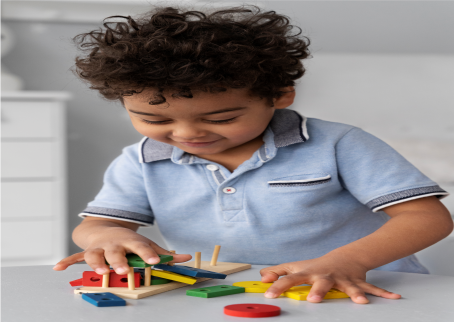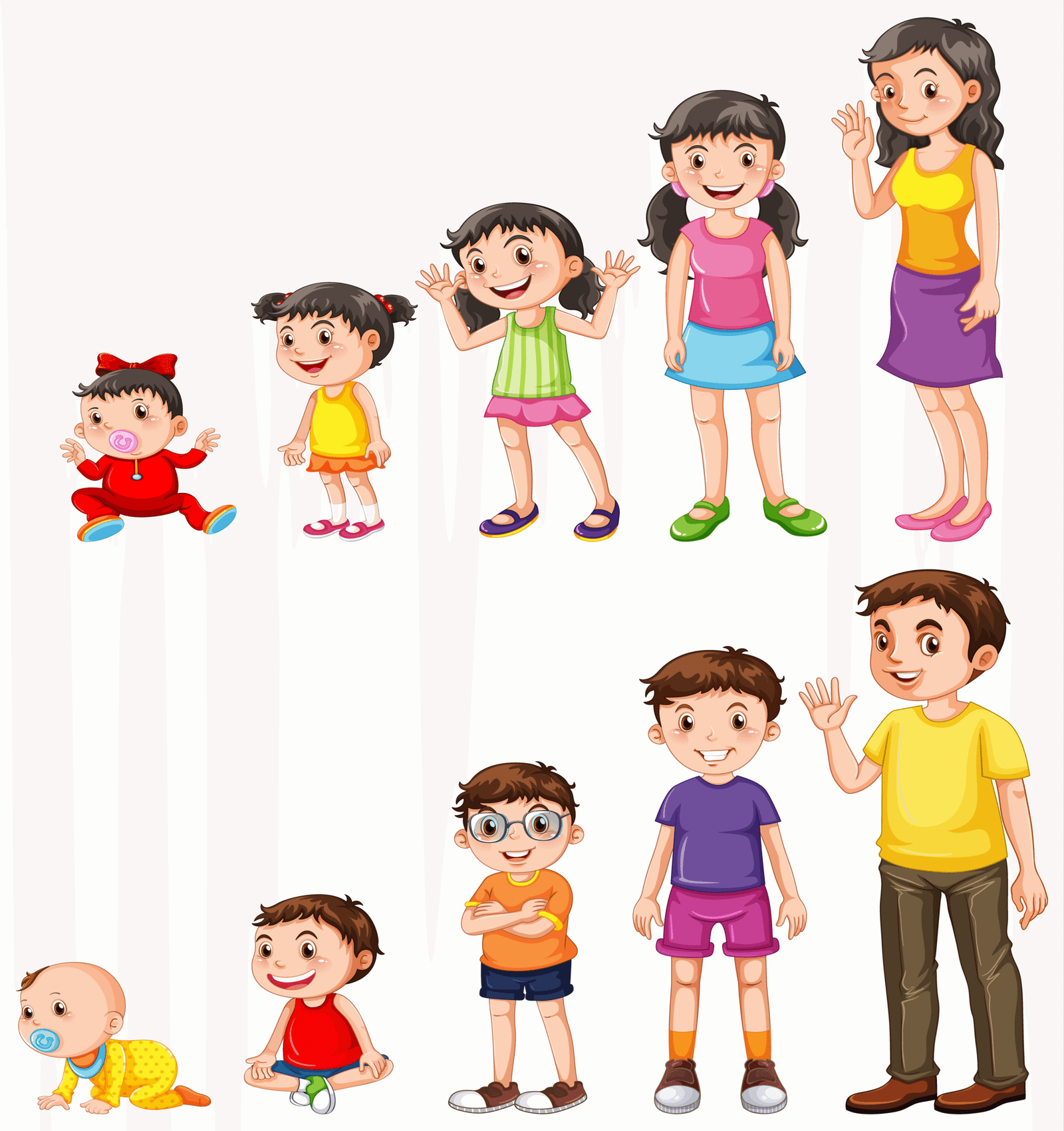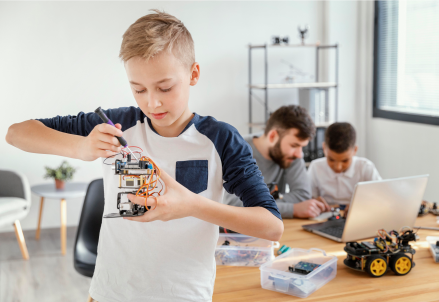What is Child Psychology?
Child psychology is the study of subconscious and conscious childhood development. Child psychologists observe how a child interacts with their parents, themselves, and the world, to understand their mental development.
Understanding child psychology helps nurture emotionally healthy, intelligent, and socially responsible individuals. Every child is unique, and their development must be supported with patience, love, and understanding. Early guidance can shape their future in powerful ways.

Definition of Child Psychology
Child psychology is the study of the mental, emotional, and behavioral development of children from infancy through adolescence.It examines internal processes like thought patterns, feelings, memory, learning ability, and social interaction
Stages of Development
Understanding child psychology requires knowledge of developmental stages:
a. Infancy (0–2 years)
• Attachment formation with parents or caregivers.
• Sensory exploration and motor skills development.
• Trust vs. mistrust stage (as per Erik Erikson).
b. Early Childhood (2–6 years)
• Rapid language development.
• Egocentric thinking (as per Piaget).
• Beginning of social play and imagination.
c. Middle Childhood (6–12 years)
• Developing friendships and teamwork.
• Logical thinking begins.
• Understanding of rules and fairness.
d. Adolescence (13–18 years)
• Identity formation and self-concept.
• Emotional turbulence and independence seeking.
• Peer pressure and social comparison increase.
Cognitive Development (Piaget’s Theory)
Jean Piaget’s stages describe how children acquire knowledge:
a. Sensorimotor Stage (0–2 years)
• Learn through sensory experiences.
• Object permanence develops.
b. Preoperational Stage (2–7 years)
• Symbolic thinking grows (e.g., pretend play).
• Language development improves.
• Thinking is still egocentric.
c. Concrete Operational Stage (7–11 years)
• Logical thinking about concrete events.
• Better understanding of cause and effect.
• Less egocentric.
d. Formal Operational Stage (12+ years)
• Abstract and hypothetical thinking develops.
• Better problem-solving skills.

Emotional Development
• Emotional regulation begins in infancy with support from caregivers.• Toddlers begin to name feelings (happy, sad, angry).
• By school age, children learn empathy and managing emotions in social situations.
• Adolescents struggle with emotional highs and lows due to hormonal changes.
Social Development
• Socialization starts with family and gradually expands to peers and teachers.• Play is a major form of social learning in early childhood.
• Peer relationships become very important during school years.
• Teens may face challenges with peer pressure, identity, and belonging.
Language and Communication
• Babies start with crying and cooing, developing into speech.• Vocabulary increases rapidly between 2–5 years.
• Storytelling, question-asking, and social dialogue grow in importance in middle childhood.
• Teens develop more complex communication, including sarcasm and abstract ideas.
Moral Development (Kohlberg’s Theory)
• Pre-conventional level: Focus on punishment and reward (early childhood). • Conventional level: Desire to conform and be approved (middle childhood). • Post-conventional level: Independent moral reasoning (adolescence, if developed).Personality Development
• Influenced by temperament, parenting style, and environment. • Introversion/extroversion often noticed in early years. • Positive reinforcement and supportive parenting nurture confident personality. • Adolescents begin forming a stable identity.Role of Parenting
• Parenting style plays a vital role:o Authoritative: Balanced; leads to confident and responsible kids.
o Authoritarian: Strict; may lead to anxiety or rebellion.
o Permissive: Too lenient; can result in lack of discipline.
o Neglectful: Can cause emotional detachment or insecurity.
Influence of Technology
• Moderate screen time can be educational.• Excessive exposure may lead to attention issues, sleep disruption, and anxiety.
• Parental control and screen-time limits are essential.
Learning and Intelligence
• Children have different learning styles – visual, auditory, kinesthetic.• Emotional support boosts learning.
• IQ alone doesn’t define intelligence – emotional and social intelligence matter too.
• Creativity and curiosity should be encouraged.
Importance of Play
• Not just fun – it’s vital for development.• Enhances physical, emotional, and social growth.
• Promotes creativity, problem-solving, and teamwork.
• Helps children process emotions.
Psychological Challenges in Kids
• Anxiety, ADHD, autism, depression, and learning disorders can affect children.• Early diagnosis and therapy lead to better outcomes.
• Emotional changes should be monitored carefully.
Signs of Mental Health Issues
Watch for: • Withdrawal from social life.• Changes in eating/sleeping.
• Academic decline.
• Excessive fear, anger, or sadness.
• Seek professional help if needed.
Bullying and Peer Pressure
• Victims of bullying may develop low self-esteem and depression.• Peer influence is strong during school years and adolescence.
• Children should be taught to assertively say “no” and seek help.
Self-Esteem and Confidence
• Develops through love, achievement, and encouragement.• Negative criticism can damage self-worth.
• Praise efforts, not just outcomes, to build resilience.
Role of Education and Teachers
• Teachers help shape personality and cognitive growth.• A supportive, inclusive classroom encourages curiosity.
• Early intervention by educators can spot developmental delays.
Strategies to Support Healthy Development
• Spend quality time with your child.• Encourage open communication.
• Be patient and empathetic.
• Set clear, consistent boundaries.
• Promote healthy friendships and hobbies.
• Encourage physical activity and adequate sleep.



We got various items through your site. Good Job. Keep Growing.
Thanku for reading my blog